
PGY-3 @UW Psychiatry. Prev MD-PhD @WUSTL. Biomarker and drug discovery for psychiatry, starting with Schizophrenia. Dog Daddy x2 to Taro and Azuki.
How to get URL link on X (Twitter) App

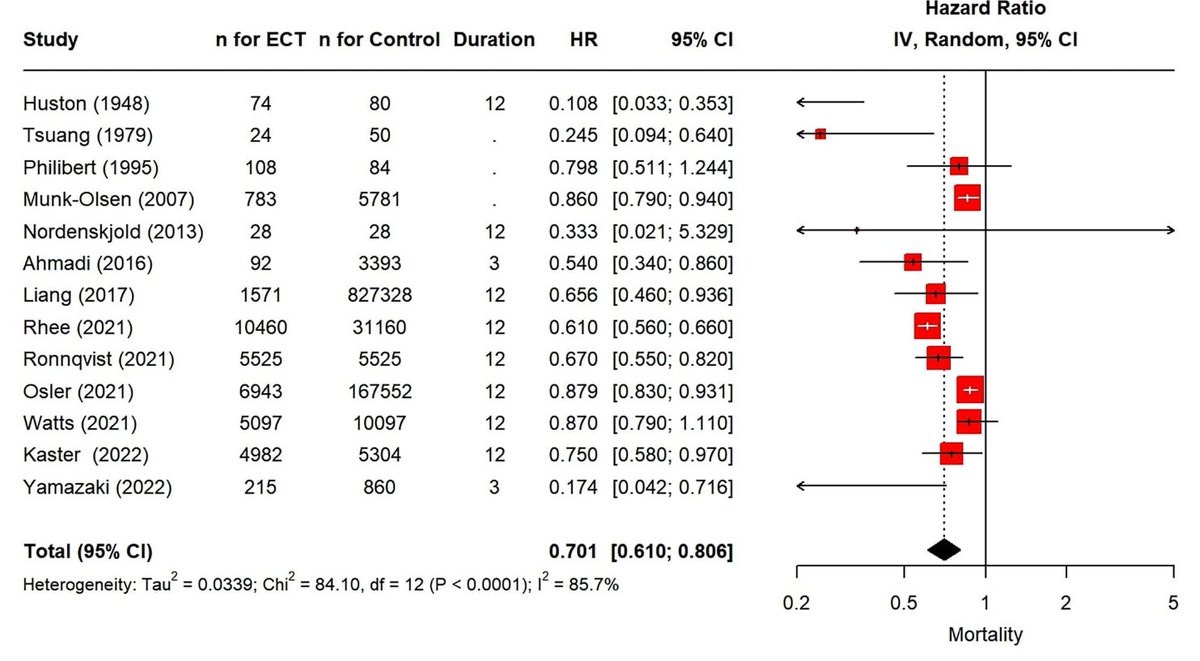
 ⚡️ What is ECT?
⚡️ What is ECT?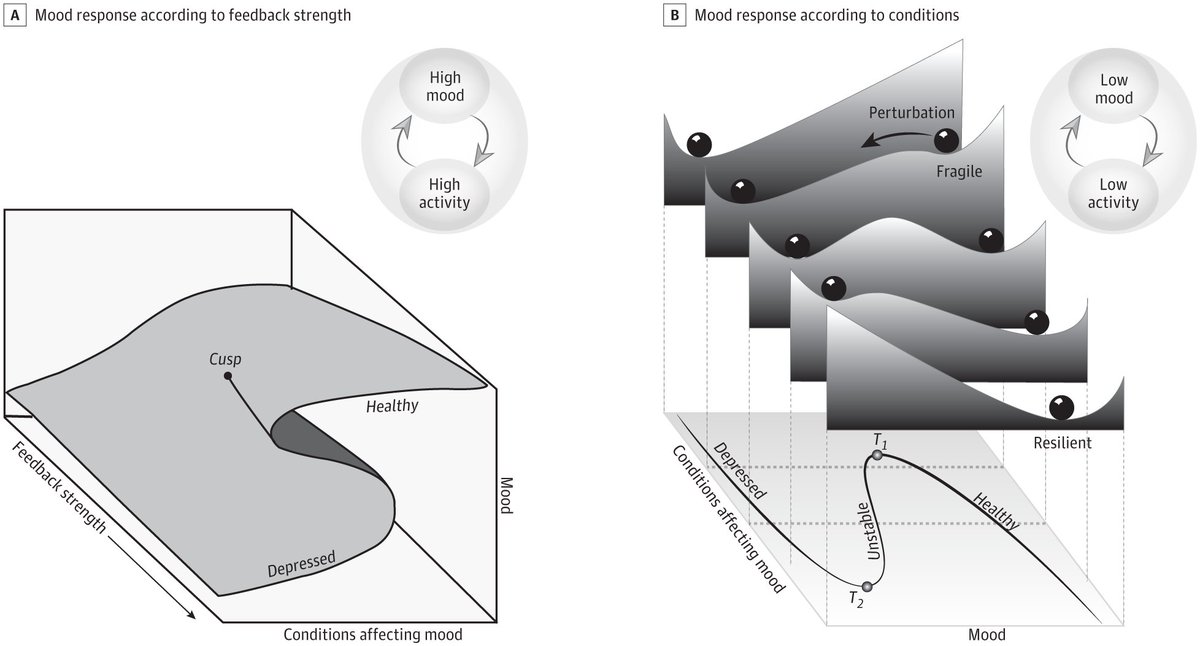
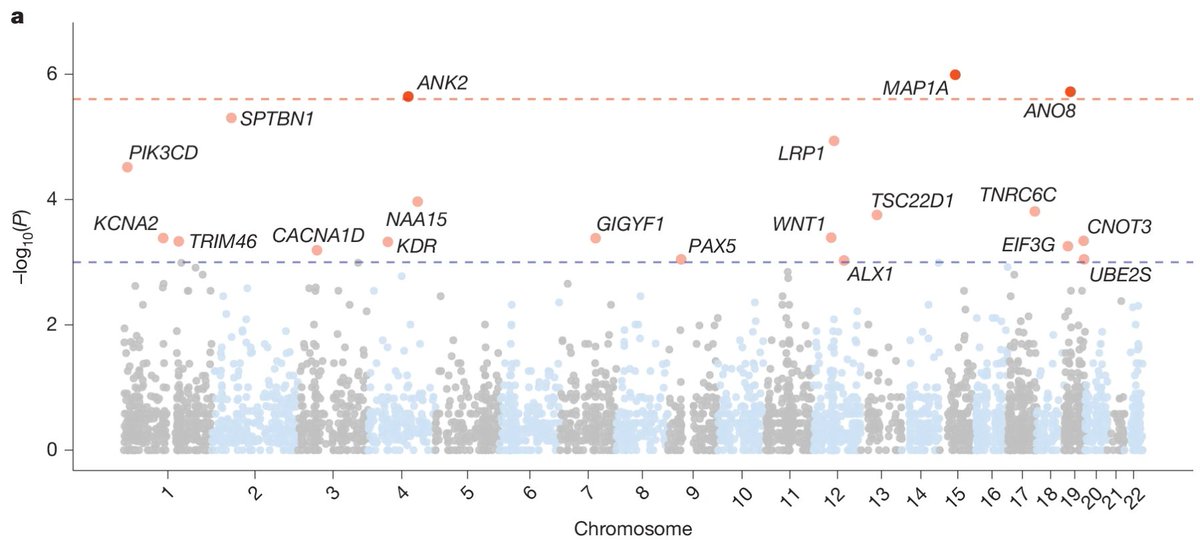
 🪙 Rare genetic variants
🪙 Rare genetic variants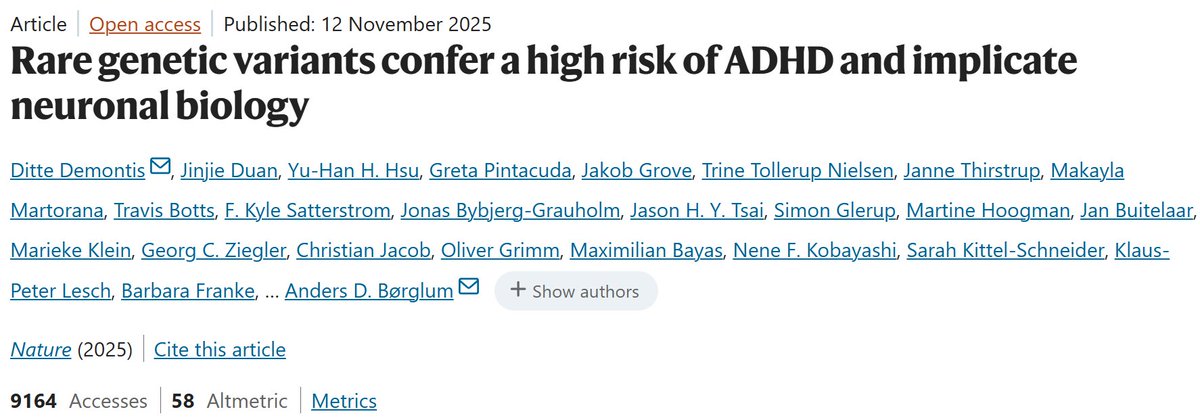

 "...a path to market entry for products where a randomized trial is not feasible."
"...a path to market entry for products where a randomized trial is not feasible."
 🗺️ Registry studies
🗺️ Registry studies

 📊 Why another SSRI trial?
📊 Why another SSRI trial?

 BUT
BUT

 💉What to know about ketamine for depression
💉What to know about ketamine for depression

 👴 Why does parental age matter?
👴 Why does parental age matter?
 🤔 To Continue or Taper?
🤔 To Continue or Taper?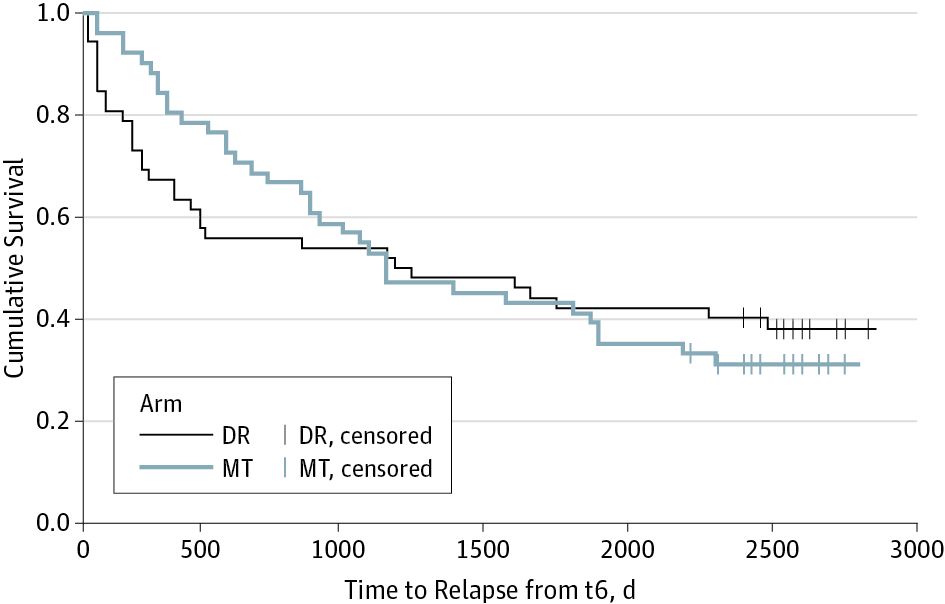

 📐 The Cognitive Triangle
📐 The Cognitive Triangle

 📔 Schizophrenia is diagnosed based on the DSM-5 criteria
📔 Schizophrenia is diagnosed based on the DSM-5 criteria

 💊Lithium was an accident
💊Lithium was an accident



 When we're reading a book and simultaneously checking our #twitter or #finsta feeds, we're not actually multitasking - we're task-switching! We switch our focus from one goal to another, interrupting our train of thought and scattering our #attention 2/11
When we're reading a book and simultaneously checking our #twitter or #finsta feeds, we're not actually multitasking - we're task-switching! We switch our focus from one goal to another, interrupting our train of thought and scattering our #attention 2/11 